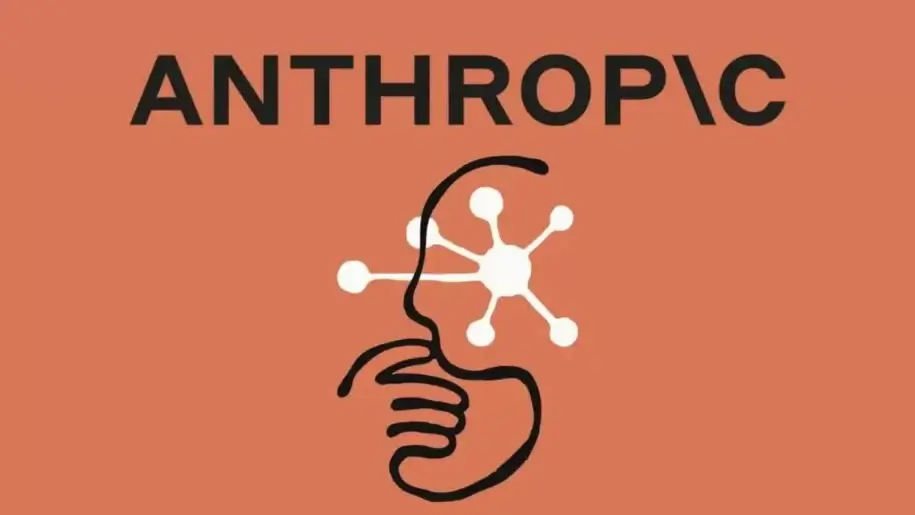Microsoft is undergoing a significant restructuring, marked by the elimination of 9,000 jobs, as the company intensifies its focus on artificial intelligence (AI) growth and innovation. This move, impacting approximately 4% of its global workforce of 228,000, represents one of the largest layoffs since 2014 and follows an earlier round of 6,000 job cuts in May. The decision reflects a strategic realignment to prioritize AI investments and streamline operations in a rapidly evolving technological landscape.
The job cuts span multiple divisions and geographies, including the Xbox gaming unit, and affect various roles across the company. While specific details about the impacted teams remain undisclosed, reports suggest that sales teams will be heavily affected. This contrasts with previous layoffs that primarily targeted product and engineering positions. These workforce reductions are occurring in Microsoft's home state facilities in Redmond and Bellevue.
Microsoft's strategic shift towards AI is underscored by its substantial $80 billion investment in AI infrastructure and the appointment of AI pioneer Mustafa Suleyman. The company aims to consolidate resources and expertise to accelerate AI development and deployment across its diverse product portfolio. This includes enhancing existing AI-powered services and developing new AI-driven solutions for various industries.
The restructuring aligns with a broader trend in the technology sector, where major firms are reevaluating their workforce composition and resource allocation to capitalize on the transformative potential of AI. Companies like Meta, Google, and Amazon have also implemented workforce reductions and shifted investments toward AI-related initiatives. This trend reflects a growing recognition that AI is not just a technological advancement but a fundamental shift in how businesses operate and compete.
Microsoft's commitment to AI is evident in its recent announcements and initiatives. At the Build 2025 developer conference, the company emphasized the "age of AI agents" and introduced new features and tools for developers to build AI-powered applications. These include advancements in Azure AI Foundry, Windows AI Foundry, and GitHub Copilot, aimed at making AI development more accessible, efficient, and integrated across different platforms.
The company is also focused on addressing the ethical and societal implications of AI. Microsoft is actively promoting responsible AI development and deployment through various initiatives, including training programs, governance frameworks, and partnerships with organizations and governments. These efforts aim to ensure that AI is developed and used in a way that is aligned with human values and promotes positive outcomes for society.
While the job cuts have raised concerns about the potential impact of AI on employment, Microsoft emphasizes that it is also creating new opportunities in AI-related fields. The company is actively hiring software engineers, data scientists, and AI specialists to support its growing AI initiatives. This suggests that the restructuring is not simply about reducing costs but about reshaping the workforce to meet the evolving demands of the AI era.
The restructuring also takes place near the end of Microsoft's fiscal year, which ended in June. The company's stock price has risen 16% year-to-date and 150% over the past five years. The company's actions are designed to position it for long-term success in an increasingly competitive marketplace.
















